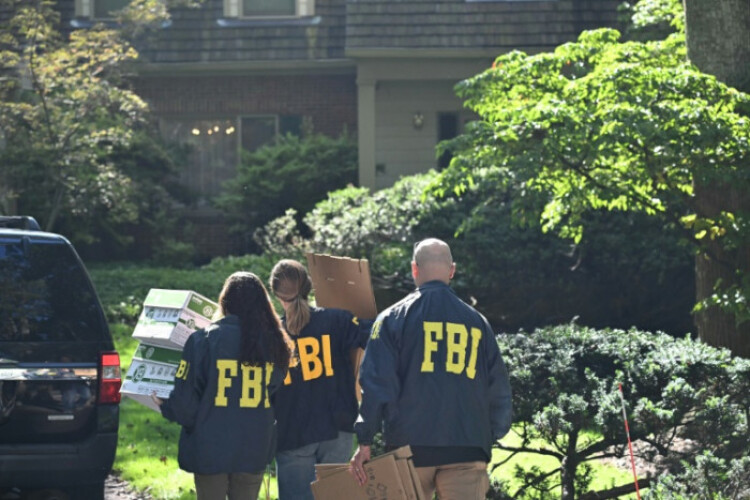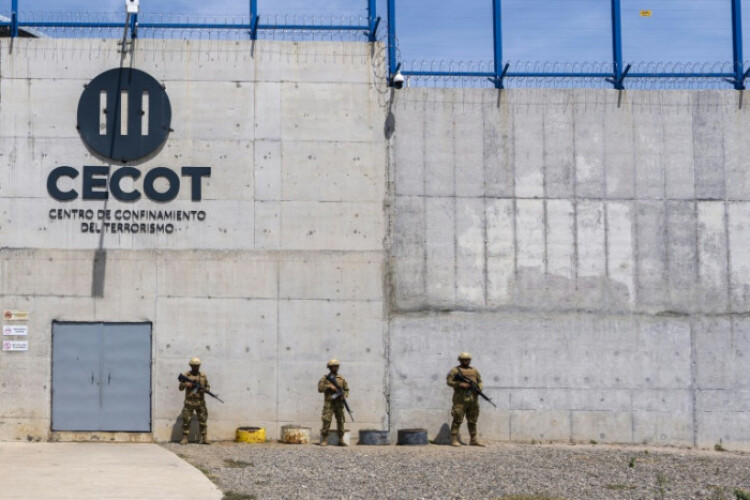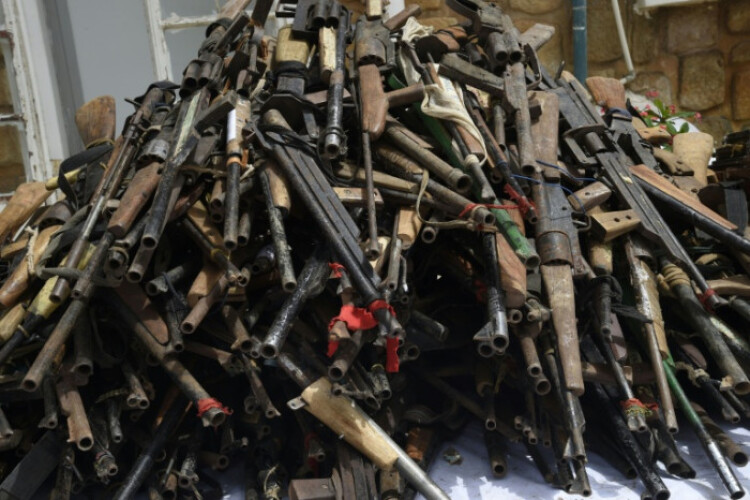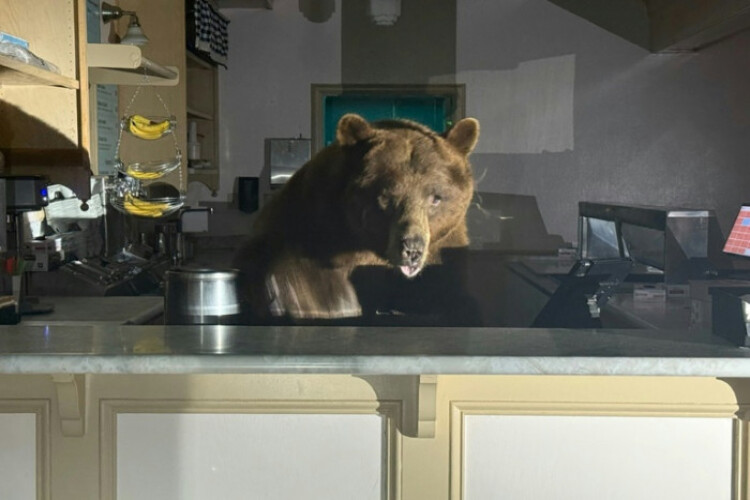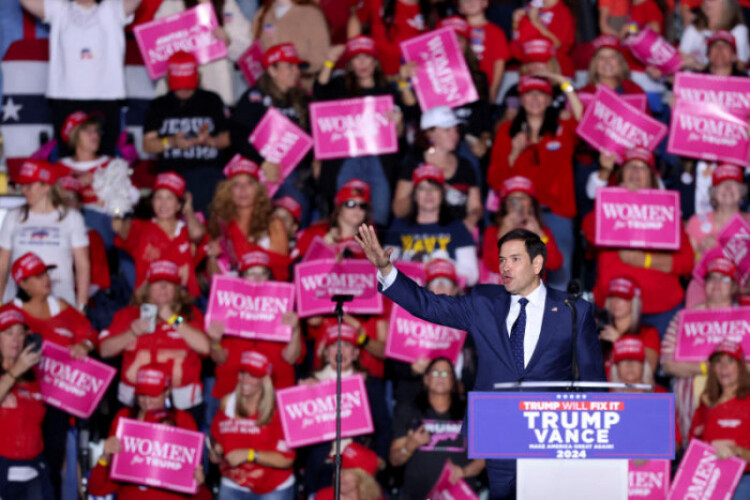
Donald Trump selected US Senator Marco Rubio to be his secretary of state, sources said on Monday, putting the Florida-born politician on track to be the first Latino to serve as America's top diplomat once the Republican president-elect takes office in January.
Rubio was arguably the most hawkish option on Trump's shortlist for secretary of state, and he has in years past advocated for a muscular foreign policy with respect to America's geopolitical foes, including China, Iran and Cuba.
Over the last several years he has softened some of his stances to align more closely with Trump's views. The president-elect accuses past US presidents of leading America into costly and futile wars and has pushed for a more restrained foreign policy.
The new administration will confront a world more volatile and dangerous than it was when Trump took office in 2017, with wars raging in Ukraine and the Middle East and China aligning itself more closely with US foes Russia and Iran.
The Ukraine crisis will be high on Rubio's agenda.
Rubio, 53, has said in recent interviews that Ukraine needs to seek a negotiated settlement with Russia rather than focus on regaining all territory that Russia has taken in the last decade. He was also one of 15 Republican senators to vote against a US$95 billion military aid package for Ukraine, passed in April.
"I'm not on Russia's side — but unfortunately the reality of it is that the way the war in Ukraine is going to end is with a negotiated settlement," Rubio told NBC in September.
Rubio's selection holds domestic as well as international significance.
Trump beat Democratic Vice President Kamala Harris in the Nov 5 election in part by winning over large numbers of Latinos, who had voted overwhelmingly for Democrats in previous election cycles but have become an increasingly diverse demographic in a political sense, with more and more Latinos voting Republican.
By selecting Rubio for a key policy role, Trump may help consolidate gains among Latinos and make clear that they have a place at the highest levels of his administration.
Rubio was one of three final contenders for Trump's vice-presidential pick. The president-elect ultimately chose US Senator JD Vance of Ohio, a hard-right figure who is known for his isolationist foreign policy positions.
China, Cuba hawk
Some of Trump's supporters will be skeptical of his decision to tap Rubio, who until recently held muscular foreign policy positions that contradict those of Trump.
During Trump's 2017-2021 term, for instance, Rubio co-sponsored legislation that would make it harder for Trump to withdraw from the North Atlantic Treaty Organization, by requiring two thirds of the Senate to ratify withdrawal.
Trump has railed for years against Nato member countries that failed to meet agreed military spending targets and warned during the campaign that he would not only refuse to defend nations "delinquent" on funding but would also encourage Russia "to do whatever the hell they want" to them.
Rubio is a top China hawk in the Senate.
Most notably, he called on the Treasury Department in 2019 to launch a national security review of popular Chinese social media app TikTok's acquisition of Musical.ly, prompting an investigation and troubled divestment order.
As the top Republican on the Senate Intelligence Committee, he has also kept up the heat on the Biden administration, demanding it block all sales to Huawei earlier this year after the sanctioned Chinese tech company released a new laptop powered by an Intel AI processor chip.
Rubio, whose grandfather fled Cuba in 1962, is also an outspoken opponent of normalizing relations with the Cuban government, a position Trump shares.
The head of the House subcommittee overseeing Latin American affairs, he is also a frequent and fierce critic of Nicolas Maduro's government in Venezuela.
Rubio was arguably the most hawkish option on Trump's shortlist for secretary of state, and he has in years past advocated for a muscular foreign policy with respect to America's geopolitical foes, including China, Iran and Cuba.
Over the last several years he has softened some of his stances to align more closely with Trump's views. The president-elect accuses past US presidents of leading America into costly and futile wars and has pushed for a more restrained foreign policy.
The new administration will confront a world more volatile and dangerous than it was when Trump took office in 2017, with wars raging in Ukraine and the Middle East and China aligning itself more closely with US foes Russia and Iran.
The Ukraine crisis will be high on Rubio's agenda.
Rubio, 53, has said in recent interviews that Ukraine needs to seek a negotiated settlement with Russia rather than focus on regaining all territory that Russia has taken in the last decade. He was also one of 15 Republican senators to vote against a US$95 billion military aid package for Ukraine, passed in April.
"I'm not on Russia's side — but unfortunately the reality of it is that the way the war in Ukraine is going to end is with a negotiated settlement," Rubio told NBC in September.
Rubio's selection holds domestic as well as international significance.
Trump beat Democratic Vice President Kamala Harris in the Nov 5 election in part by winning over large numbers of Latinos, who had voted overwhelmingly for Democrats in previous election cycles but have become an increasingly diverse demographic in a political sense, with more and more Latinos voting Republican.
By selecting Rubio for a key policy role, Trump may help consolidate gains among Latinos and make clear that they have a place at the highest levels of his administration.
Rubio was one of three final contenders for Trump's vice-presidential pick. The president-elect ultimately chose US Senator JD Vance of Ohio, a hard-right figure who is known for his isolationist foreign policy positions.
China, Cuba hawk
Some of Trump's supporters will be skeptical of his decision to tap Rubio, who until recently held muscular foreign policy positions that contradict those of Trump.
During Trump's 2017-2021 term, for instance, Rubio co-sponsored legislation that would make it harder for Trump to withdraw from the North Atlantic Treaty Organization, by requiring two thirds of the Senate to ratify withdrawal.
Trump has railed for years against Nato member countries that failed to meet agreed military spending targets and warned during the campaign that he would not only refuse to defend nations "delinquent" on funding but would also encourage Russia "to do whatever the hell they want" to them.
Rubio is a top China hawk in the Senate.
Most notably, he called on the Treasury Department in 2019 to launch a national security review of popular Chinese social media app TikTok's acquisition of Musical.ly, prompting an investigation and troubled divestment order.
As the top Republican on the Senate Intelligence Committee, he has also kept up the heat on the Biden administration, demanding it block all sales to Huawei earlier this year after the sanctioned Chinese tech company released a new laptop powered by an Intel AI processor chip.
Rubio, whose grandfather fled Cuba in 1962, is also an outspoken opponent of normalizing relations with the Cuban government, a position Trump shares.
The head of the House subcommittee overseeing Latin American affairs, he is also a frequent and fierce critic of Nicolas Maduro's government in Venezuela.

